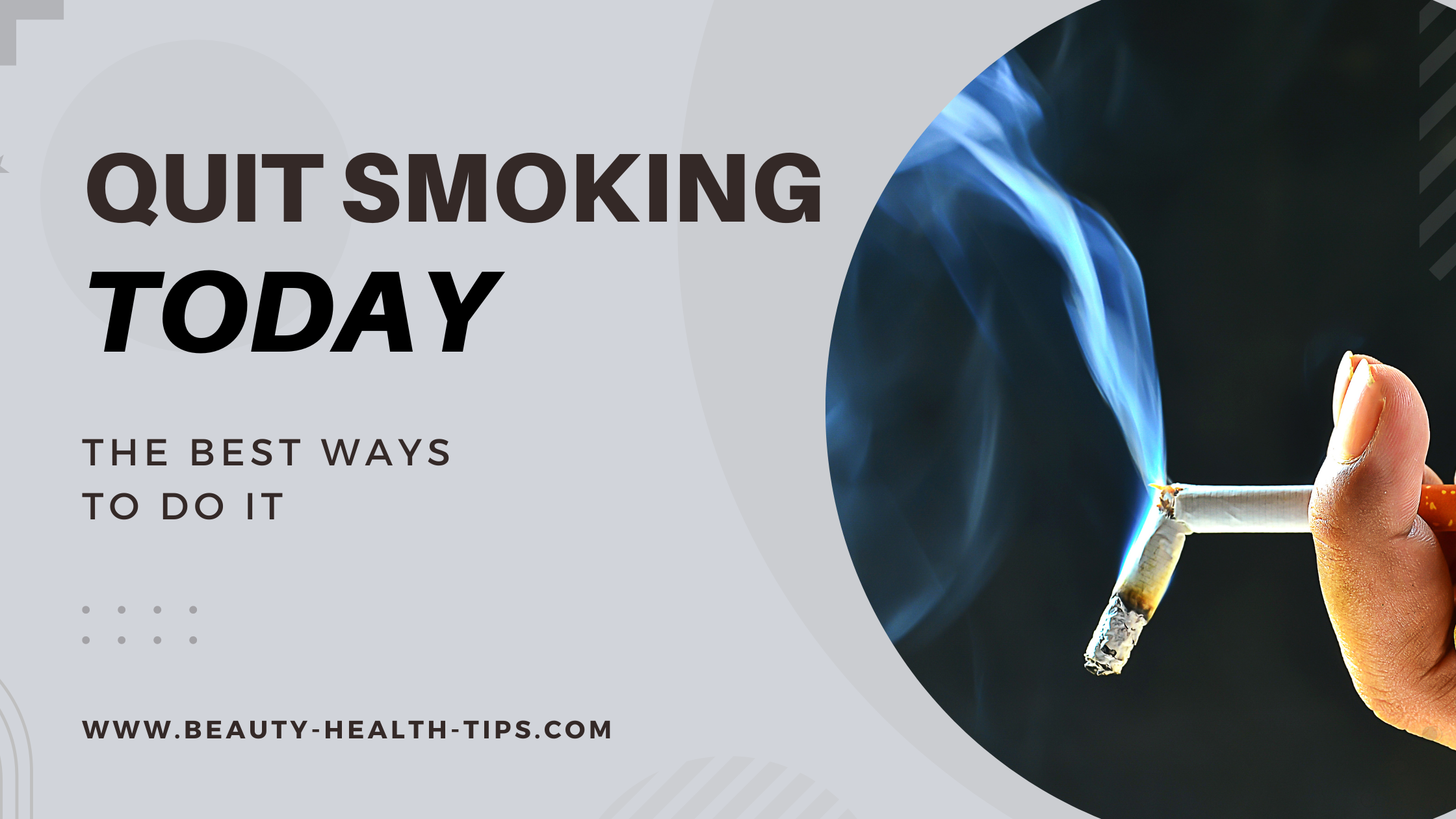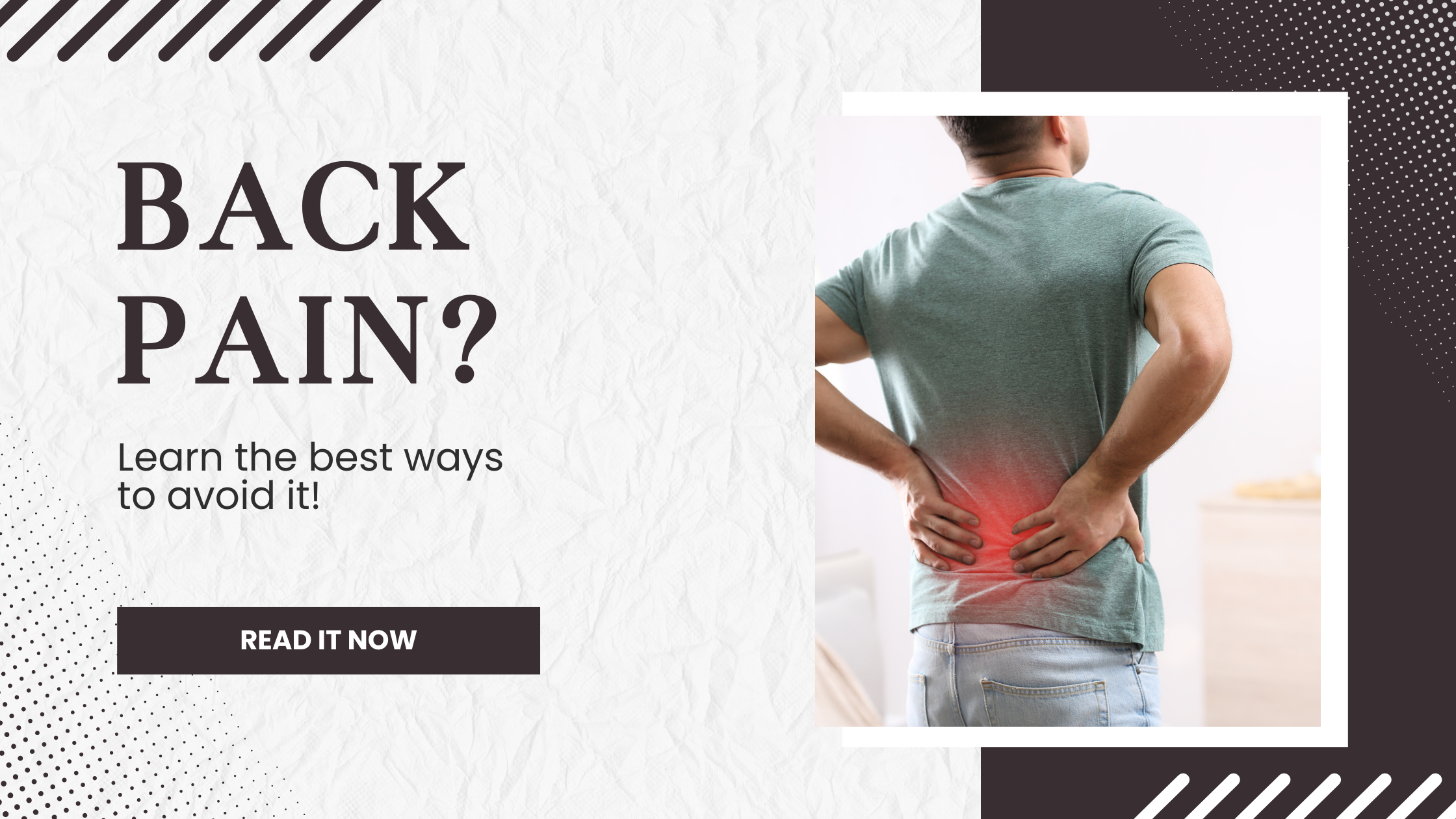Navigating the intricate journey of menopause is a transformative experience that women face with resilience and grace. As the body undergoes a myriad of changes, both physical and emotional, understanding how to alleviate the symptoms of menopause becomes paramount for a smoother transition. In this blog article, we delve into the realm of reducing the symptoms of menopause, exploring practical strategies, holistic approaches, and valuable insights to empower women in embracing this phase of life with vitality and well-being. Whether you’re personally traversing the menopausal landscape or seeking to support a loved one through this significant chapter, join us on a journey of knowledge and empowerment as we explore effective ways to alleviate the challenges associated with menopause.
Be Rich in Vitamin D and Calcium to reduce the Symptoms of Menopause
Incorporate foods abundant in calcium and vitamin D into your diet to counteract the impact of hormonal changes during menopause, which can contribute to weakened bones and an elevated risk of osteoporosis.
Maintaining optimal bone health is closely tied to an adequate intake of calcium and vitamin D. Postmenopausal women with sufficient vitamin D levels have been associated with a reduced risk of hip fractures stemming from fragile bones.
Diversify your diet with calcium-rich foods, such as dairy products like yogurt, milk, and cheese. Green, leafy vegetables like kale, collard greens, and spinach are also excellent sources of calcium, along with tofu, beans, and sardines.
Explore calcium-fortified foods like certain cereals, fruit juice, and milk alternatives to further boost your intake.
While sunlight remains a primary source of vitamin D, the efficiency of your skin in producing it diminishes with age. If limited sun exposure or covered skin is a concern, consider incorporating supplements or increasing vitamin D-rich foods into your diet.
Include oily fish, eggs, cod liver oil, and vitamin D-fortified foods to ensure your body receives this crucial vitamin for overall bone health.
Managing hot flushes and night sweats
Effectively managing hot flushes and night sweats during menopause involves implementing practical strategies to enhance your comfort and well-being. Consider the following approaches:
Opt for Lightweight Attire:
Choosing light and breathable clothing can significantly alleviate the discomfort associated with hot flushes. Opt for fabrics that allow better air circulation, promoting a cooler body temperature.
Maintain a Cool Sleeping Environment:
Create a conducive atmosphere in your bedroom by keeping it cool at night. Utilize fans, open windows, or invest in cooling bedding to regulate temperature and enhance your sleep quality.
Cooling Measures:
Take a refreshing cool shower, use a fan, or indulge in a cold drink to help cool down your body temperature during episodes of hot flushes. These simple measures can provide immediate relief and contribute to a more comfortable experience.
Stress Reduction Techniques:
High stress levels can exacerbate menopausal symptoms. Incorporate stress-reducing activities into your daily routine, such as mindfulness, deep breathing exercises, or yoga, to promote emotional well-being and mitigate the impact of hot flushes.
Identify and Minimize Triggers:
Identify potential triggers for hot flushes and night sweats, such as spicy foods, caffeine, hot beverages, smoking, and alcohol. Consider minimizing or avoiding these triggers to reduce the frequency and intensity of your symptoms.
By proactively implementing these strategies, you can empower yourself to navigate the challenges of hot flushes and night sweats with greater ease. Experiment with different approaches to find a combination that works best for you, enhancing your overall quality of life during this transformative phase.
Take MenoRescue to Reduce the Symptoms of Menopause
Dr. Mackenzie McArthur from the San Francisco General Hospital in CA suggests this 100% organic and natural supplement. The exclusive blend of ingredients in MenoRescue™ is designed to foster a serene and comfortable menopause experience through two complementary mechanisms:
Firstly, it promotes the maintenance of healthy cortisol levels, aiming to facilitate a balance between estrogen and progesterone. Secondly, it gently supports the body’s production of these crucial hormones.
By addressing menopausal challenges from both perspectives, MenoRescue™ contributes to the promotion of:
- Optimal body temperature regulation
- Enhanced fat-burning processes
- Sustained, all-day energy levels
- Improved quality of sleep
- Preservation of youthful brain function
- Maintenance of a balanced mood
- Support for flexible joints
- Promotion of a healthy heart

Work Out and Lose Weight
Embracing physical exercise and achieving a healthy weight during menopause can offer a multitude of benefits, positively impacting both physical and mental well-being. Here are some key advantages:
Bone Health:
Menopause is associated with a decline in bone density, increasing the risk of osteoporosis. Weight-bearing exercises, such as walking, jogging, or resistance training, contribute to bone strength and density, reducing the likelihood of fractures and promoting overall skeletal health.
Hormonal Balance:
Regular physical activity helps in regulating hormonal fluctuations during menopause. Exercise can promote a balance between estrogen and progesterone, mitigating the severity of menopausal symptoms and contributing to a smoother transition.
Weight Management:
Menopausal hormonal changes often lead to weight gain, particularly around the abdominal area. Engaging in regular exercise, combined with a healthy diet, aids in weight management by boosting metabolism and burning excess calories. Achieving and maintaining a healthy weight can alleviate stress on joints and improve overall mobility.
Cardiovascular Health:
Menopause is linked to an increased risk of cardiovascular issues. Exercise plays a crucial role in maintaining heart health by reducing blood pressure, improving cholesterol levels, and enhancing overall cardiovascular function. This, in turn, lowers the risk of heart diseases associated with aging.
Mood Enhancement:
The hormonal shifts during menopause can contribute to mood swings and increased stress levels. Physical activity stimulates the release of endorphins, the body’s natural mood enhancers. Regular exercise has been shown to reduce symptoms of anxiety and depression, promoting emotional well-being.
Improved Sleep Quality:
Menopausal symptoms, such as hot flashes and night sweats, can disrupt sleep patterns. Engaging in regular physical activity can improve sleep quality by promoting relaxation and reducing symptoms that may interfere with a restful night’s sleep.
Muscle Strength and Flexibility:
Strength training exercises help maintain and build muscle mass, which tends to decline with age. Additionally, incorporating stretching exercises enhances flexibility, reducing the risk of injuries and promoting overall physical function.
Metabolic Health:
Menopause can bring about changes in metabolism, making weight management more challenging. Regular exercise helps regulate metabolism, making it more efficient and aiding in weight control.
Incorporating a balanced exercise routine and maintaining a healthy weight during menopause is a proactive and empowering approach to promoting overall health and well-being during this transformative phase of life. Always consult with a healthcare professional before starting a new exercise program or making significant dietary changes.
Conclusion
In conclusion, navigating the intricate journey of the symptoms of menopause involves a multifaceted approach that encompasses various aspects of lifestyle and nutrition. By incorporating foods rich in calcium and vitamin D into one’s diet, women can proactively support bone health and mitigate the risk of osteoporosis, addressing a significant concern during menopause.
Addressing the discomfort of hot flushes and night sweats involves practical strategies such as wearing light clothing, maintaining a cool sleep environment, and identifying potential triggers. These measures, combined with stress reduction techniques, empower women to manage these symptoms effectively and enhance their overall well-being during this phase.
The unique approach offered by MenoRescue™, with its exclusive blend designed to support hormonal balance and alleviate menopausal symptoms, presents an additional tool for women seeking a more comfortable transition. By promoting factors such as a healthy body temperature, faster fat burning, all-day energy, restful sleep, youthful brain function, a balanced mood, flexible joints, and a healthy heart, MenoRescue™ contributes to a holistic and comprehensive approach to menopausal well-being.
Physical activity emerges as a cornerstone in promoting overall health during menopause. Beyond its role in weight management, regular exercise supports bone density, hormonal balance, cardiovascular health, mood enhancement, and better sleep quality. The combination of these lifestyle elements—nutrition, stress management, supplementation, and physical activity—creates a robust strategy for women to navigate menopause with resilience, vitality, and an empowered commitment to their health.
It is essential for individuals to consult with healthcare professionals to tailor these approaches to their unique health needs and circumstances. By embracing a well-rounded and proactive approach, women can not only alleviate the challenges of the symptoms of menopause but also embrace this transformative phase with a focus on long-term health and well-being.







